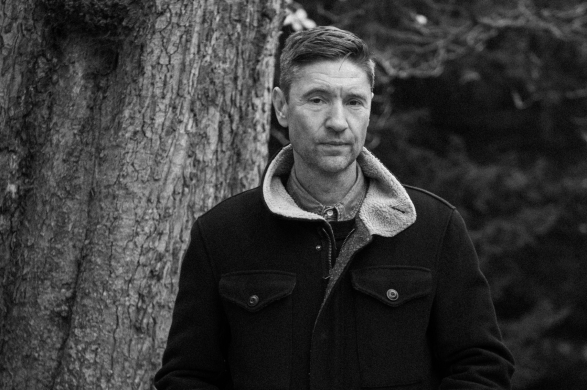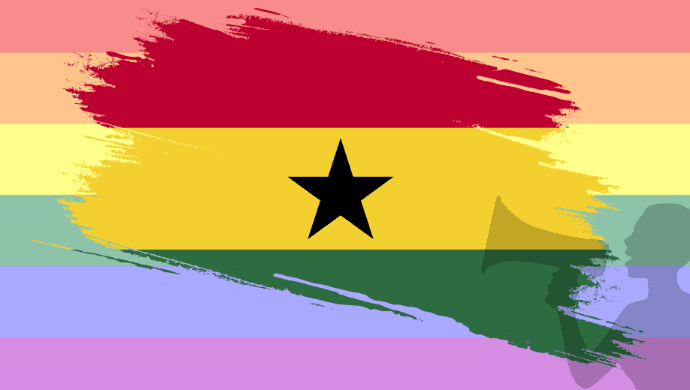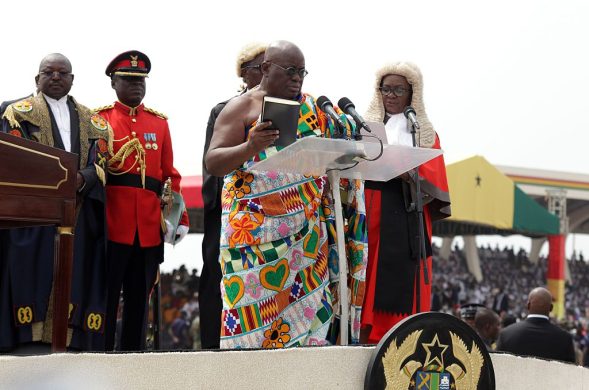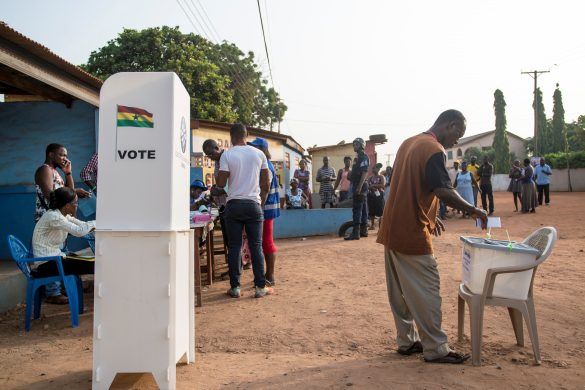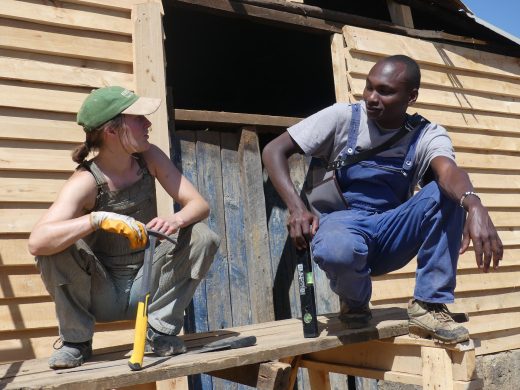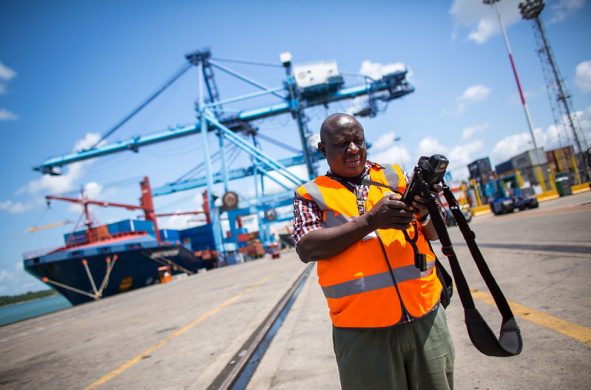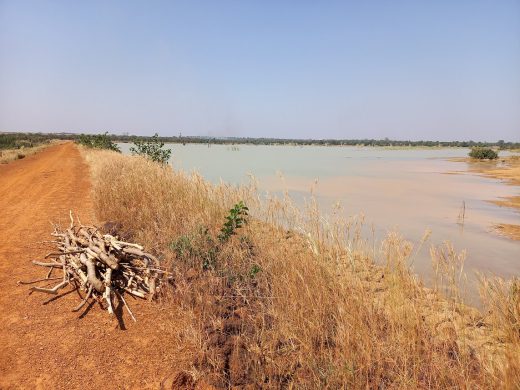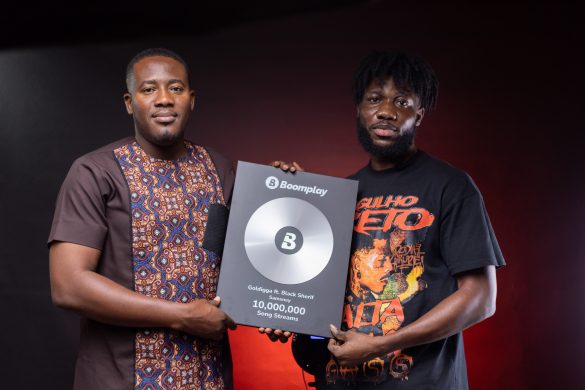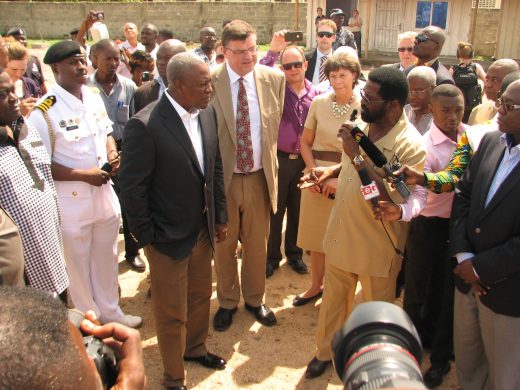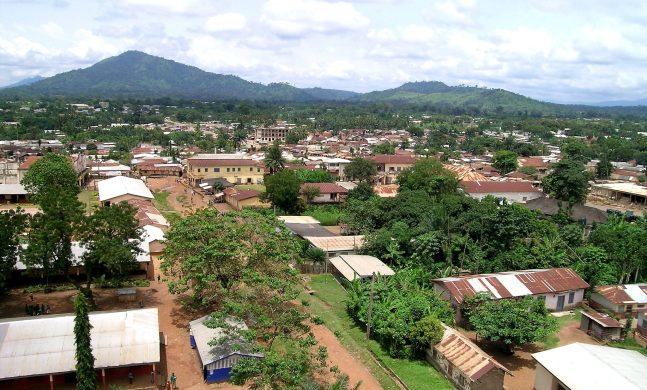General elections in Ghana will not be held until December but with the rapid collapse of the water system in the capital Accra and an estimated 84,000 Ghanaians dying each year from diseases related to poor water quality, observers say water has already become the central election issue.
– All the presidential candidates have made water a key part of their message, Ransford Gyampo a political scientist at the University of Ghana told IRINnews.
– The fate of the current government rests on the early, effective resolution of the water crisis, he added.
VAND EN MANGELVARE
Taps have gone dry in recent weeks in several of Accra’s neighbourhoods and the Ghana Water Company says it is no longer able to supply even half of the 150 million gallons of water that people in the capital require each day.
The water company also estimates that a US $2 billion (9,4 MIA. D. KR.) investment is needed to resolve the water problem.
OPPOSITIONEN KLANDRER REGERINGEN
The opposition claims the government is not making a serious effort to find the money, drawing attention to two presidential jets it intends to procure at a cost of some US $105 million (496 mio. d. kr.)
The millions of dollars they intend to spend to buy the jets can provide potable water for at least one constituency in the capital, Korku Ayidoho spokesman for the National Democratic Congress, the main opposition party told IRIN.
UUDNYTTEDE RESSOURSER
The sad truth is that Accra could have an abundant water supply from the nearby Volta Lake, the world’s largest manmade body of fresh water.
But many of the pipes delivering the water to the city are cracked and broken and the government has done little to repair them.
As a result many residents resort to polluted rivers and ponds, or hand-dug wells where the water is often unclean.
The government acknowledges the problem. “It’s about aging infrastructure, lack of investment and waste,” the minister for water resources, Boniface Abubakar Saddique told IRIN
PRIVATISERING UDEN EFFEKT
To raise more capital for infrastructure the ministry restructured the way it managed water in 2006, handing control over to a private company, Aqua Vitens Rand Limited.
Despite massive opposition to the privatisation move from the Coalition Against Water Privatisation, the plan did have appeal.
Aqua Vitens would get a percentage of profits from the water it supplied while the government would get funds to rehabilitate and expand the system.
Two years later, however, fewer people in Accra can access water than when the system was government-run plus the company has done a poor job of recouping costs.
Kilde: www.irinnews.org




